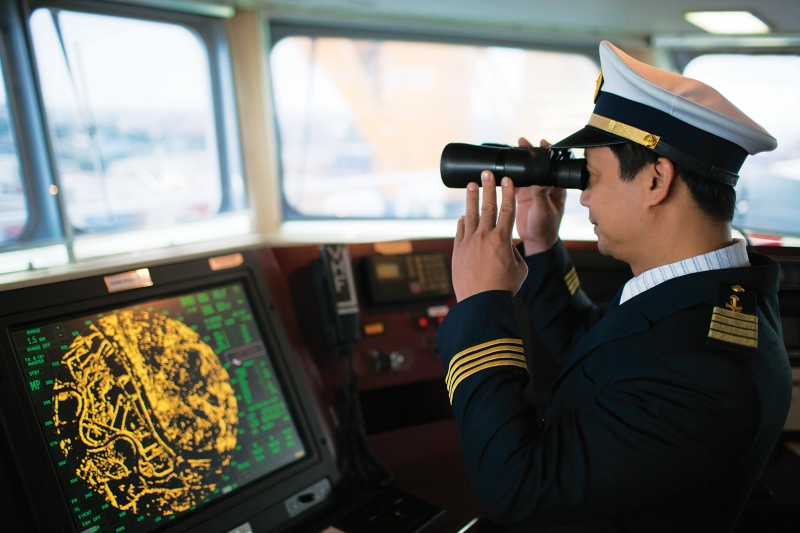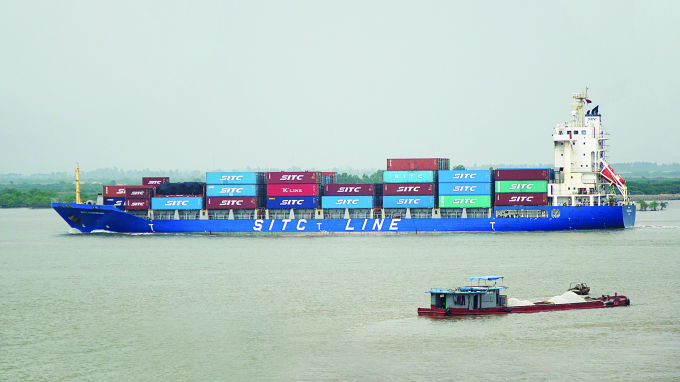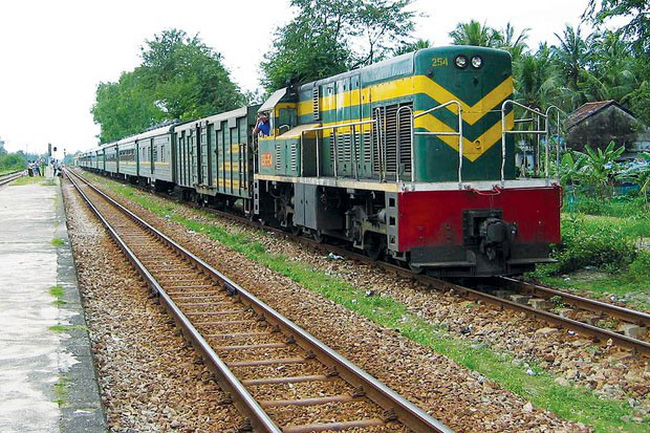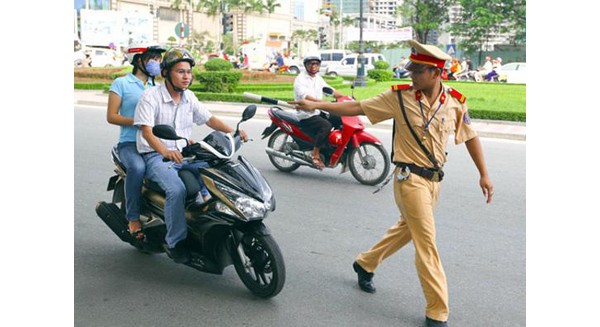What are the rights and obligations of ship masters under Vietnamese law? - Thu Duong (Khanh Hoa, Vietnam)

Rights and obligations of ship masters under Vietnamese law (Internet image)
1. Who is the ship master?
According to Clause 1, Article 52 of the Vietnam Maritime Code 2015,the ship master is the person vested with the supreme command of the ship as an organization’s head. All people onboard the ship must observe the ship master’s commands.
2. Rights and obligations of ship master under Vietnamese law
2.1. Rights of the ship master in Vietnam
Specifically, Article 54 of the Vietnam Maritime Code 2015, a ship master has the following rights:
(1) Act on behalf of the ship owner and persons who are offered freight-related benefits when dealing with work duties relating to operation and management of the ship and cargoes carried aboard the ship.
(2) Act in the name of the ship owner and persons who are offered freight-related benefits to perform judicial acts within his scope of work duties stipulated in (1), and possibly initiate a lawsuit or participate in the arbitral proceedings in front of a Court or Arbitrary Tribunal when his ship is outside of the registered port, except when the ship owner or persons whose benefits relate to freight declares partial or total restriction on that right of representation.
(3) Prevent the ship from sailing at sea if (s)he realizes that it does not meet conditions of maritime safety, security, employment and environmental pollution prevention.
(4) Reward or discipline seafarers under his management; have the right to refuse to accept or force unqualified seafarers who fail to meet rank-based requirements or those who offend laws or regulations to leave the ship.
(5) Act in the name of the ship owner to take out a credit or cash loan when necessary. Such loan must be within a statutory limit to repair the ship, employ more seafarers and provide necessary supplies for the ship or serve other demands in order for the ship to continue its voyage.
(6) Sell a part of the ship's property or abundant reserve amount aboard the ship within the scope of application stipulated by (5) in the event that expecting the ship owner to send money or give directions may cause disadvantage or may be impossible.
(7) In the course of the ship’s making a voyage, if there is no other way to meet conditions for termination of a voyage, the ship master shall be vested with the right to pledge or sell a part of the ship’s freight after failing to take an order from the shipper and the ship owner even though all possible actions have been taken.
In such case, the ship master must ensure that any loss or damage suffered by the ship owner or the consignor and persons who have relevant interests in such freight must be reduced to the absolute minimum.
(8) When the ship is underway at sea without any emergency food supplies, the ship master shall be entitled to decide to use a part of food freight aboard the ship; in case this is found urgent, the ship master shall be allowed to decide to use food supplies of persons onboard the ship.
Such use must be documented. The ship owner must pay for the number of food supplies which have been so used.
(9) If the ship is in distress at sea, the ship master shall be entitled to send a distress call and, after entering into negotiations with ships providing rescue services, shall exercise his right to make a final decision on a ship which is eligible for rescue operations.
2.2. Obligations of ship master in Vietnam
The ship master is responsible for performing the obligations specified in Article 53 of the Vietnam Maritime Code 2015, specifically as follows:
(1) Manage and operate a ship in accordance with laws.
(2) Take charge of ensuring that the ship fully meets maritime safety and security requirements, and necessary conditions for assurance of maritime labor and environmental pollution prevention, and conforms to professional standards and regulations relating to equipment, ship hull, storage and quality of crew members and other matters relating to maritime safety and security, conditions for assurance of maritime labor and environmental pollution prevention for ships and humans aboard a ship before and during the time when the ship is underway at sea.
(3) Regularly carry out supervisory activities to ensure that freight are loaded aboard the ship, stowed and stored onboard the ship, unloaded from the ship in a proper manner, even though such work duties have been assigned to responsible persons.
(4) Employ methods of preventing freight onboard ships from any damage or loss; apply necessary measures to protect interests of persons who are offered benefits from such freight;
Summon up all of his capabilities of notifying persons who are granted relevant benefits of special events in relation to such freight.
(5) Apply all necessary measures to protect ships, humans and other property aboard ships; prevent illegal carriage of humans or goods aboard ships.
(6) Navigate a ship to the nearest safe seaport and implement all necessary measures to protect that ship, humans and property aboard such ship and documentation of such ship in the event that port of freight unloading or passenger disembarkation has been blocked, or exposed to war threats or faced with other emergency conditions.
(7) Summon up all of his capabilities of rescuing passengers and then seafarers in the event of threat of shipwreck or damage.
The ship master must be the last person leaving ships after finding all possible ways to collect maritime logbooks, nautical charts and other significant materials aboard ships.
(8) Do not abandon ships when the ship is faced with danger, except when leaving the ship is absolutely necessary.
(9) Directly maneuver a ship when it is entering or leaving a port, canal, navigational channel, and when it operates in a port water area or when a serious emergency or danger happens.
(10) Employ maritime pilots, tugboats if this is stipulated by laws or if this is necessary to ensure safety for the ship.
Employing maritime pilots shall not be grounds for exempting obligations of the ship master defined in (9).
(11) Show dedication to his assigned duties in a manner to respect the standard of professional conscience.
(12) Conduct search and rescue of persons whose lives are endangered at sea provided that fulfillment of his obligations cause no serious danger to the ship and humans aboard his ship.
The ship owner shall not be charged with responsibility for the ship master’s breach of obligations defined in this paragraph.
(13) Fulfill other obligations in accordance with laws.
Thanh Rin
 Article table of contents
Article table of contents





.Medium.png)
.Medium.png)
.Medium.png)
.Medium.png)
